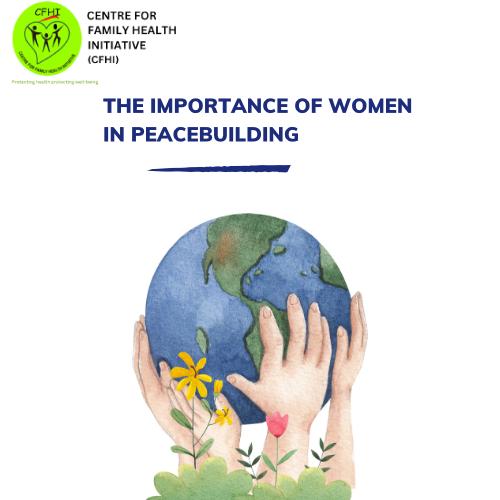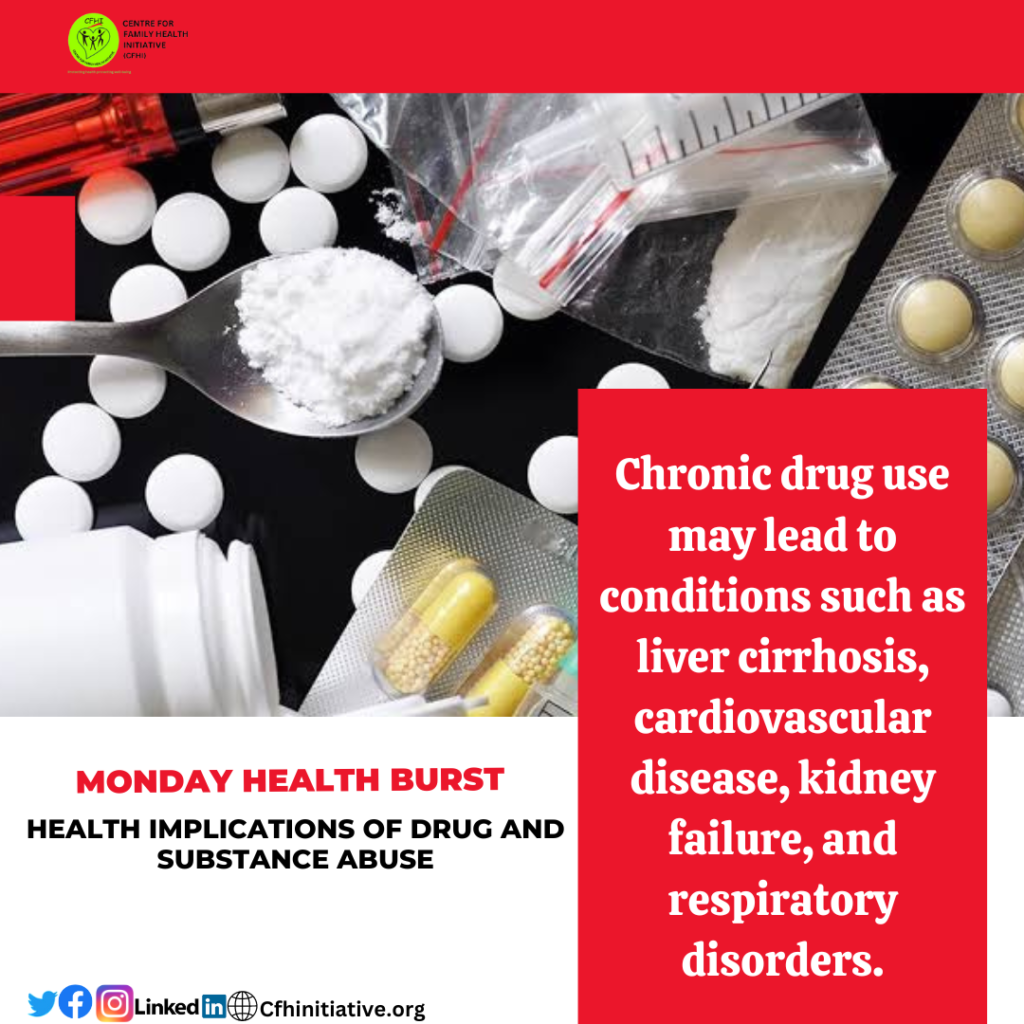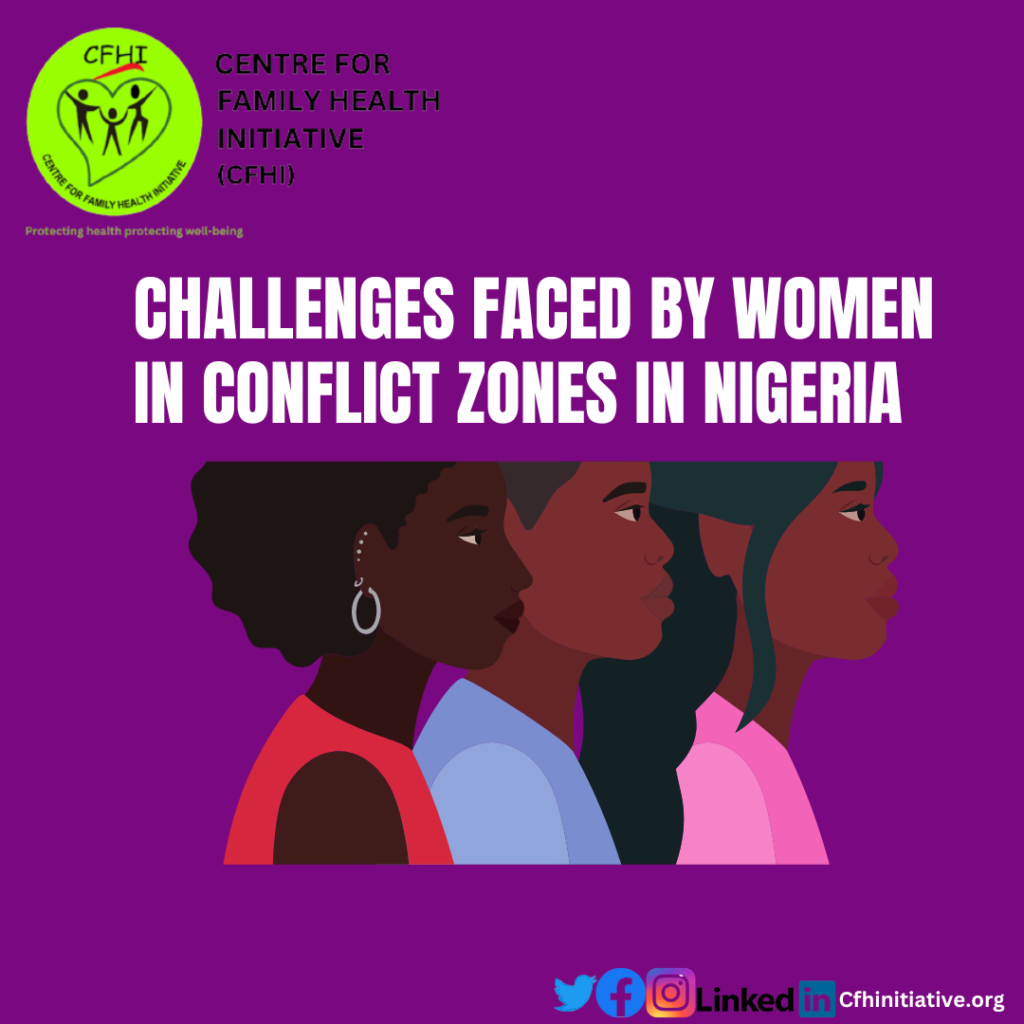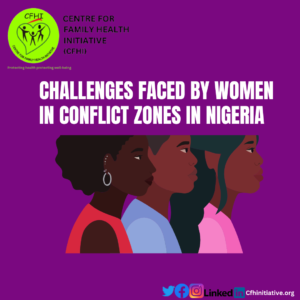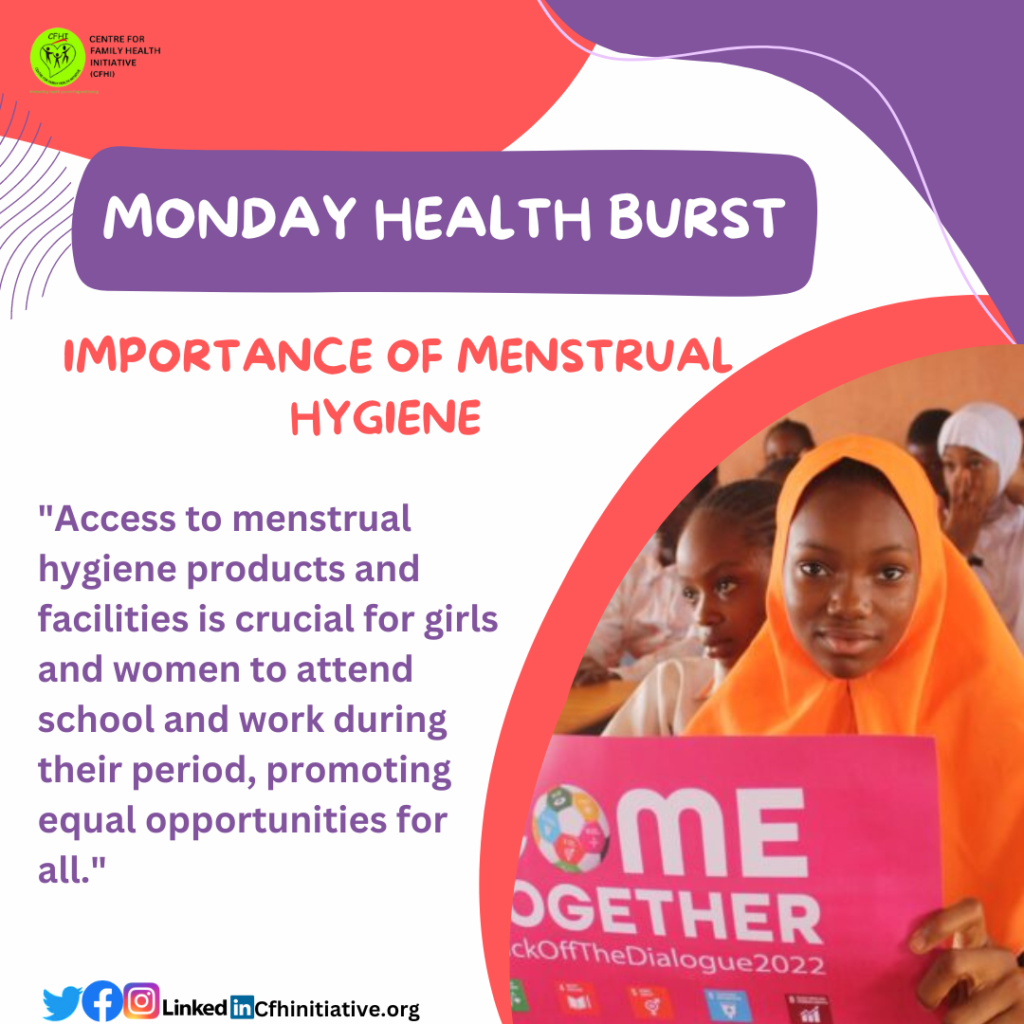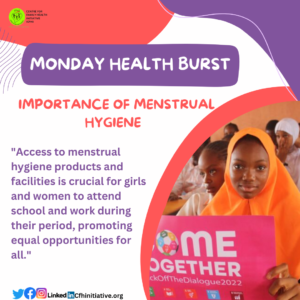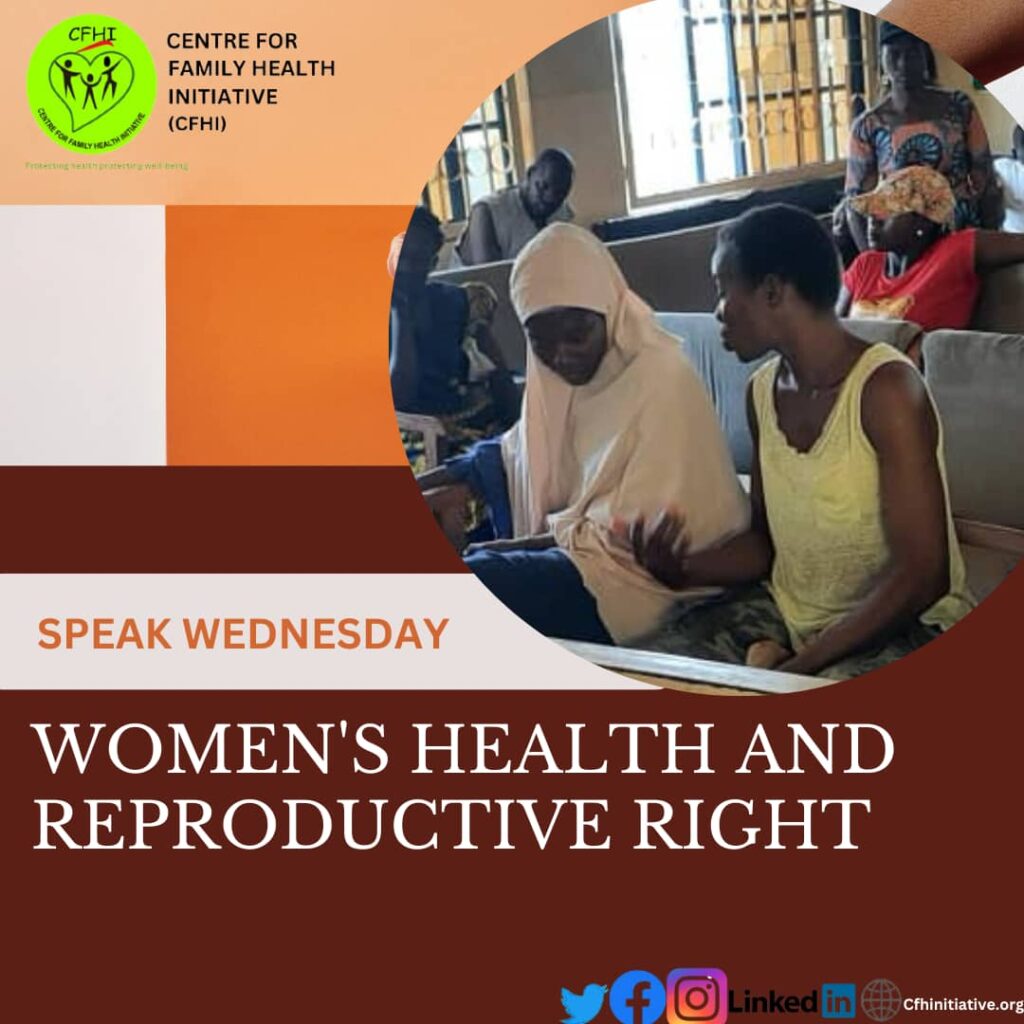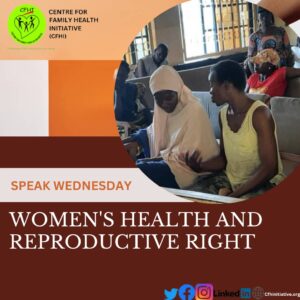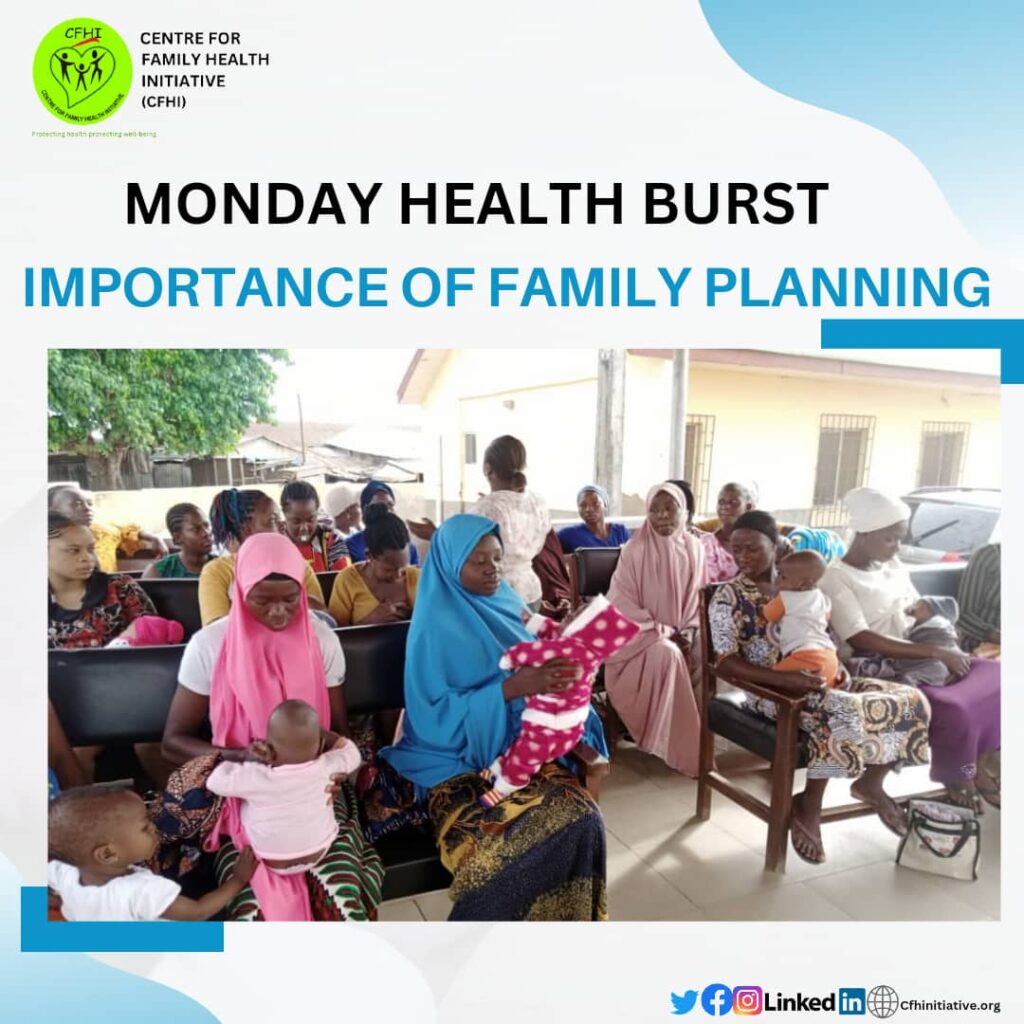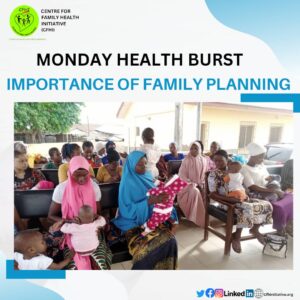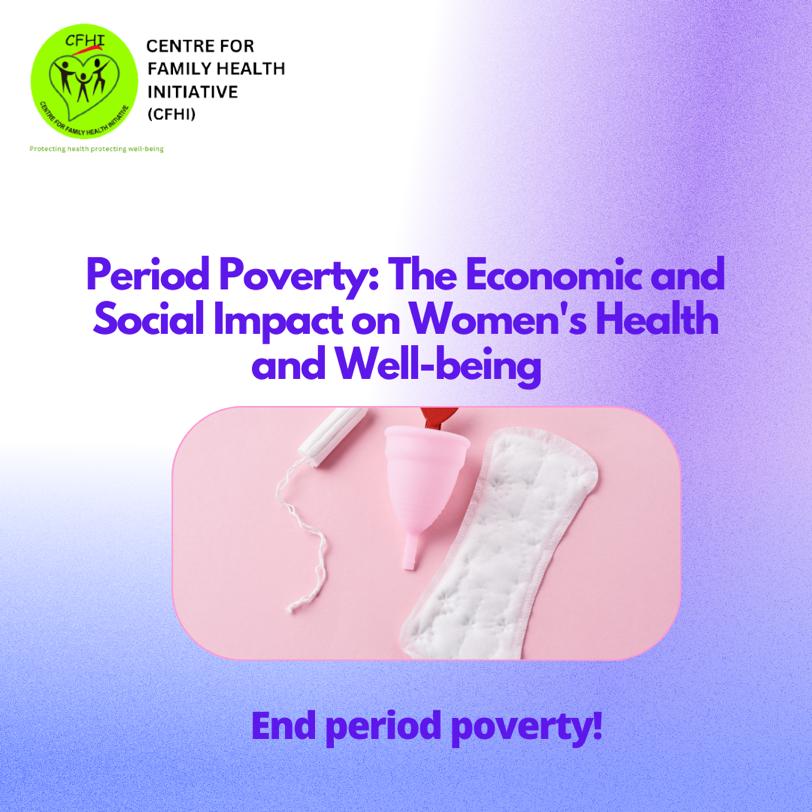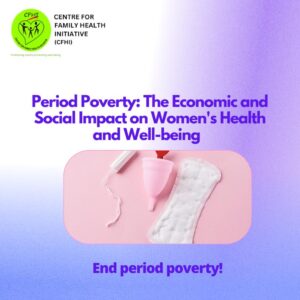SPEAK WEDNESDAY ON THE IMPORTANCE OF WOMEN IN PEACE BUILDING
Women have often demonstrated their ability to bring about constructive change in conflict-affected societies. According to UNICEF, involving women in peace processes increases the likelihood of long-term peace. In their peacebuilding efforts, women frequently prioritize communal welfare and human security, developing understanding, compassion, and conversation. Their involvement can assist to establish bridges, foster reconciliation, and more effectively address the core causes of conflict.
The significance of women’s engagement in peacebuilding initiatives has grown in recent decades. Women bring unique perspectives, abilities, and experiences to the table, making them vital change agents in the development of peaceful and inclusive societies. Women have distinct viewpoints that are molded by their experiences and positions in communities. The competence of women in fields including healthcare, education, and community development is critical for post-conflict reconstruction, according to the World Health Organization.
Furthermore, the presence of women in peacebuilding guarantees that peacebuilding initiatives are thorough, encompassing various facets of society. The SDGs; SDG 5 (Gender Equality), SDG 16 (Peace, Justice, and Strong Institutions), and SDG 17 (Partnerships for the Goals) are all aligned with women’s involvement in peacebuilding.
Consequently, women’s active involvement in peacebuilding is essential for achieving long-lasting peace in addition to being an issue of equity and justice. By respecting the perspectives, skills, and voices of women, we can build a more inclusive world.
Speak Wednesday is an initiative of CFHI to address issues around gender-based violence and gender bias.
#SpeakWednesday #WomenInPeacebuilding #Women’sRights #HumanRights #GenderStereotype #GenderBias #GenderInequality
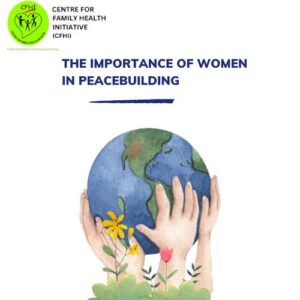
SPEAK WEDNESDAY ON THE IMPORTANCE OF WOMEN IN PEACE BUILDING Read More »

